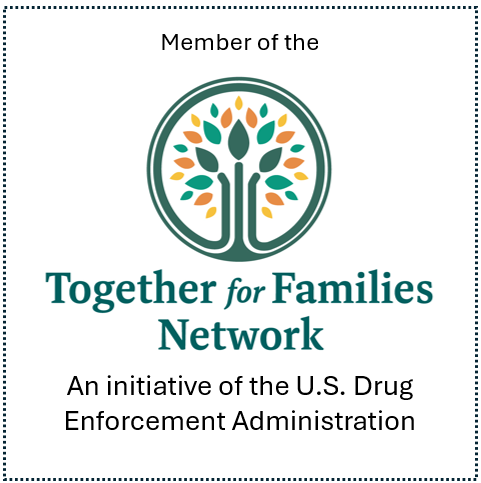Recognizing Signs of Unhealthy Relationships
Ask the Experts | Sean Hogan-Downey
My sophomore daughter has been dating a junior for six months. She is with him all the time. When they aren’t together, he is constantly texting her or calling. She no longer sees her friends and the relationship seems very exclusive. When I try to talk about it, she defends him and says that it shows how much he loves her. She doesn’t seem as light-hearted as she used to be. What can I do?
A: You are wise to be concerned about the changes in your daughter since dating this young man. Teenagers are the fastest growing population at risk for dating abuse. Abuse can be defined as a consistent pattern of behavior in which one person exerts control and power over another. This can be physical, sexual, verbal or emotional.
Today’s rules for dating are often shaped by the media and can be confusing. Young men still get the message “Real men take charge; Real men are strong and dominant” Teen girls with low self-esteem are vulnerable to allowing someone to control their life in the name of “love”
Regardless of gender, inexperience is a relevant factor since teens without much dating experience may not know what is and is not acceptable behavior in a dating relationship.
Some of the signs of unhealthy relationship you are noticing are: being jealous of friends and family; no boundaries around frequency of contact, constant checking up when apart and changes in mood /affect in your daughter.
Like so many social issues for teens, advice is not as important as connection to an adult who will listen and discuss how to help the teen explore possibilities.
Be behavioral – it keeps you non-judgmental.
State what you observe as changes in your daughter. Hold off on any criticism or judgment toward her boyfriend.
Be factual.
Educate her about possible issues in unhealthy relationships such as criticism, controlling and isolation from friends and family. Talk about jealousy and how the need to feel loved can prevent her being assertive and recognizing the right to say NO.
Be available.
Reassure her that you will be there to listen and support her without criticism.
Sean Hogan-Downey maintained a private clinical practice in the Grosse Pointe area for over 40 years. She was staff and school counselor for the Grosse Pointe Academy for 19 years.






